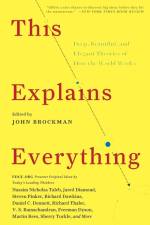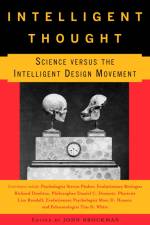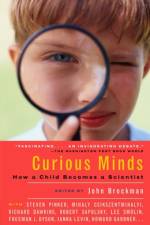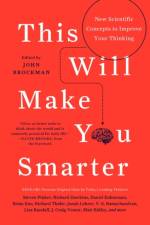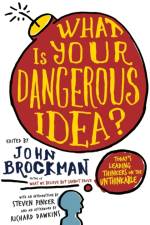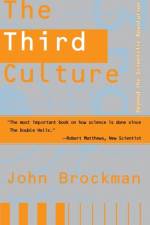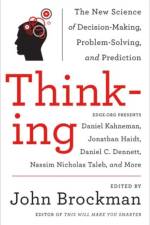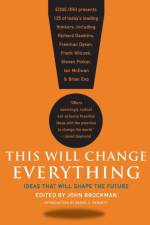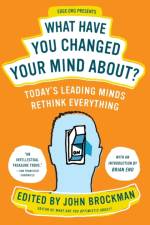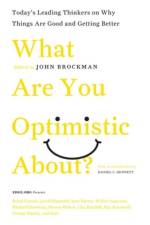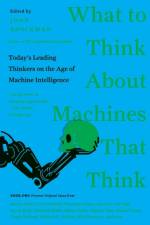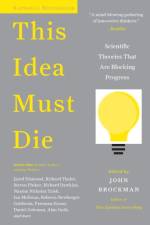- Deep, Elegant, Profound Unanswered Questions About the Universe, the Mind, the Future of Civilization, and the Meaning of Life
von John Brockman
26,00 €
Discover the universe''s last unknowns—here are the unanswered questions that obsess "the world''s finest minds" (The Guardian)Featuring a foreword by DANIEL KAHNEMAN, Nobel Prize-winning author of Thinking, Fast and SlowThis is a little book of profound questions (only questions!)—unknowns that address the secrets of our world, our civilization, the meaning of life. Here are the deepest riddles that have fascinated, obsessed, and haunted the greatest thinkers of our time, including Nobel laureates, cosmologists, philosophers, economists, prize-winning novelists, religious scholars, and more than 250 leading scientists, artists, and theorists. In The Last Unknowns, John Brockman, publisher of Edge.org, asks "a mind-blowing gathering of innovative thinkers" (Booklist): "What is ‘The Last Question,’ your last question, the question for which you will be remembered?"Featuring the Pulitzer Prize–winning author of Guns, Germs, and Steel JARED DIAMOND • Nobel Prize-winning University of Chicago economist RICHARD THALER • Harvard psychologist STEVEN PINKER • religion scholar ELAINE PAGELS • author of Seven Brief Lessons on Physics CARLO ROVELLI • Booker Prize–winning novelist IAN McEWAN • neuroscientist SAM HARRIS • philosopher DANIEL C. DENNETT • MIT theorist SHERRY TURKLE • decoder of the human genome J. CRAIG VENTER • The Coddling of the American Mind author JONATHAN HAIDT • Nobel Prize-winning physicist FRANK WILCZEK • UC Berkeley psychologist ALISON GOPNICK • philosopher REBECCA NEWBERGER GOLDSTEIN • New York Times columnist CARL ZIMMER • MIT cosmologist MAX TEGMARK • Whole Earth founder STEWART BRAND • "Marginal Revolution" economist TYLER COWEN • Anatomy of Love author HELEN FISHER • Noble Prize-winning NASA physicist JOHN C. MATHER • psychologist JUDITH RICH HARRIS • Princeton physicist FREEMAN DYSON • musician BRIAN ENO • environmental scientist JENNIFER JACQUET • Duke economist DAN ARIELY • Oxford philosopher A. C. GRAYLING • Harvard cosmologist LISA RANDALL • anthropologist MARY CATHERINE BATESON • Emotional Intelligence author DANIEL GOLEMAN • Harvard genticist GEORGE CHURCH • Blueprint author NICHOLAS A. CHRISTAKIS • Stanford political scientist MARGARET LEVI • economist ALAN S. BLINDER • publisher TIM O''REILLY • theoretical cosmologist JANNA LEVIN • Serpentine Gallery owner HANS ULRICH OBRIST • Wired founding editor KEVIN KELLY • Cambridge astrophysicist MARTIN REES, and more than 200 others.

